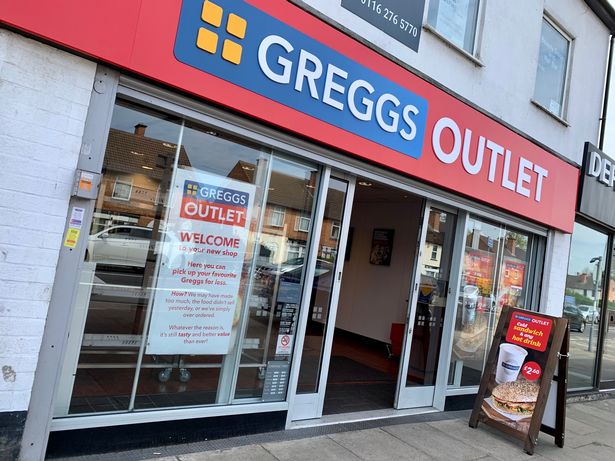The Rise and Impact of Greggs in the UK Bakery Market

Introduction
Greggs, a renowned British bakery chain, has significantly impacted the UK’s food landscape since its establishment in 1939. Known for its signature sausage rolls, vegan alternatives, and affordable prices, Greggs has captured the hearts and taste buds of millions. With increasing health consciousness and shifting consumer preferences, the importance of Greggs not only lies in its economic contributions but also in its adaptation to changing trends.
The Growth of Greggs
Started in Newcastle upon Tyne, Greggs has seen exponential growth over the decades, expanding from a single shop to over 2,000 locations across the UK. The brand’s success can largely be attributed to its ability to resonate with local communities, offering freshly baked goods at competitive prices. In its most recent financial report, Greggs announced a record profit of £145 million for the first half of 2023, showcasing a strong recovery post-pandemic.
Innovations and Offerings
In response to evolving consumer demands, Greggs has made notable changes to its menu. The introduction of the popular vegan sausage roll in 2019 marked a turning point for the company, attracting a new demographic and leading to record sales. In 2022, the bakery chain expanded its plant-based offerings with the launch of the Greggs Vegan Breakfast Bake, further solidifying its commitment to inclusivity in dietary options.
The Christmas season is another highlight for Greggs, with its limited-edition festive products creating a buzz each year. The company’s ‘festive bake’, filled with turkey and cranberry, has become a seasonal favourite, demonstrating how Greggs maintains tradition while adapting to consumer interests. Additionally, Greggs’ partnership with delivery service Just Eat has expanded its reach, allowing customers to enjoy their products from home.
Community and Sustainability Efforts
Beyond its culinary offerings, Greggs is dedicated to giving back to the community. The Greggs Foundation supports local charities and initiatives aimed at tackling food poverty and social exclusion. The company’s ‘Greggs Runners’ initiative also engages employees in community clean-up events, enhancing its image as a socially responsible business.
Conclusion
As Greggs continues to thrive in the bakery sector, it faces both challenges and opportunities. The company’s ability to innovate while holding on to its traditional roots has made it a beloved institution in the UK. With trends leaning toward healthier eating and sustainability, Greggs is well-positioned to adapt and maintain its place as a vital part of the British food landscape. As the company explores new markets and expands its product range, customers can expect exciting developments in the near future.







